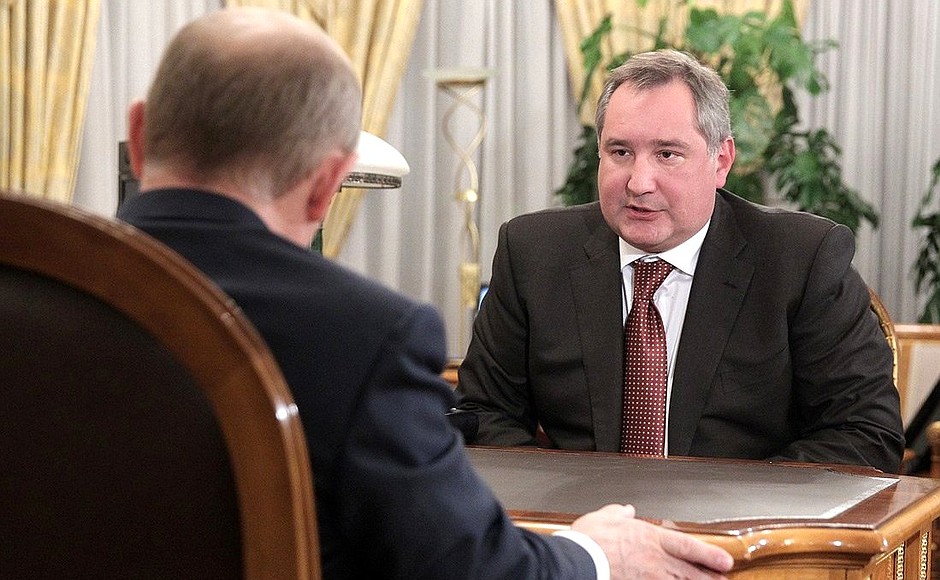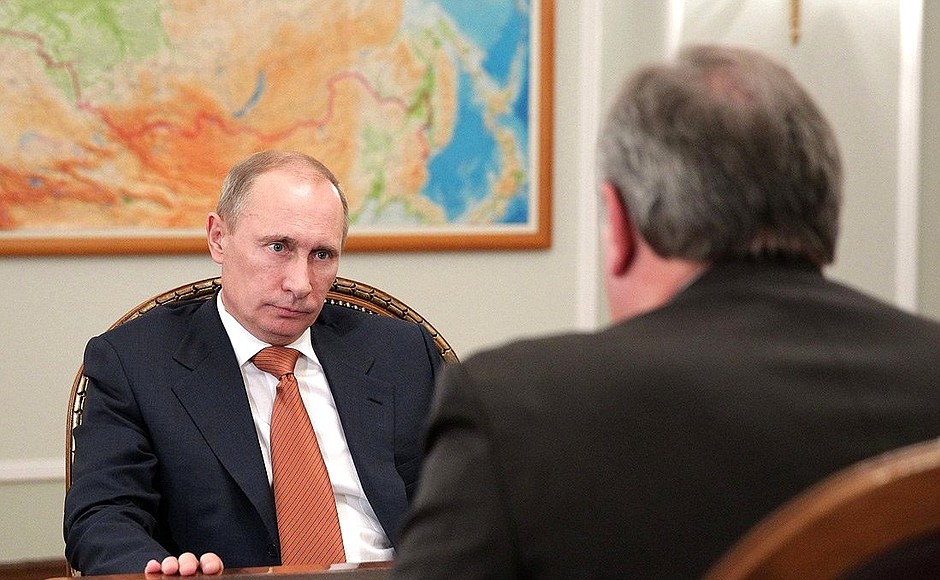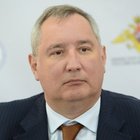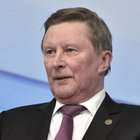* * *
President of Russia Vladimir Putin: Mr Rogozin, you have a broad range of responsibilities. What shall we start with?
Deputy Prime Minister Dmitry Rogozin: Mr President, I want to start with the defence procurement orders for this year as they stand at the moment. To date, 94.3 percent of the orders from the main customer – the Defence Ministry – have been placed, and the orders from all other customers have been placed. The main problems that we face are more or less the same issues that we discussed during the meetings you held over the summer: changes to the orders once the contracts have been placed. In other words, the demands placed on the companies performing the contracts change too often. As far as financing goes, the situation looks a lot better this year than in 2011, but there are still problems. The problem is above all in systemic planning of the defence procurement orders.
Now the intergovernmental working group headed by the Chief of Staff of the Presidential Executive Office [Sergei Ivanov] has been set up to monitor performance and placement of defence procurement contracts, and its members include the people responsible for these matters. Also, in accordance with your Executive Order, the Federal Service for Defence Contracts has been brought under the Government’s responsibility, has had its powers substantially increased and can carry out objective oversight of defence procurement contracts. I hope that these steps will enable us to improve the situation.
Overall, in accordance with the state arms programme, we have already started drafting the new state arms programme for 2016–2025 three years and three months ahead of the new financial period. We will soon submit to you draft executive order on procedures for drafting the arms programme. These procedures will reduce the risk of mistakes because we will carry out a thorough analysis of the materials and technological capabilities in the industry in terms of being able to perform specific contracts and requirements. In other words, we are acting in accordance with your instructions and hope to see an improvement in the situation already next year.
Vladimir Putin: The general price-setting principles need to be settled. This has been the subject of much discussion and there are many problems here. You have already had enough trouble with this yourself, but we still have yet to see a common set of principles.
Dmitry Rogozin: This is true.
Unfortunately, with work still being handled in manual regime, things reach the point where you, the President, have to make the decisions yourself on the most complicated cases, nuclear submarines, for example. We hope though, that the State Duma and Federation Council will pass the law on state defence procurement by the end of the year. This law will give both the people placing and performing the orders a lot more room to manoeuvre in terms of choosing the optimum state contracts that will take into account the specific situation with each kind of good – more technologically complex goods and simpler products.
Vladimir Putin: Work together with the economic bloc in the Government to get this completed. This matter needs to be settled.
Dmitry Rogozin: Yes, Mr President.
I also want to inform you about a few decisions regarding optimising the industry itself. You recently signed an executive order on developing the Tactical Missile Corporation’s work. Now, in accordance with this decision, we are concentrating intellectual, testing, and industrial potential in this important sector of developing cruise missiles.
We now need to take another important step to concentrate industrial potential. I am referring here to the ammunition and firearms sector, which we work with on a daily basis, but which is in a very problematic situation at the moment. I have a proposal to make, Mr President, and I hope for your support.
In Izhevsk, our main firearms industry centre, we have two enterprises, Izhmash and Izhmekh, and both are in a troubled state. They have a lot of problems because there were no Defence Ministry orders for years. The Defence Ministry already has a lot of automatic firearms in its stockpiles and therefore did not place orders for new weapons. But there are orders for civilian firearms and sports and hunting guns. In order to concentrate potential and preserve Izhevsk’s industrial capability, I propose merging these two makers to form a company within the Rostekhnologii State Corporation under the Kalashnikov brand. This is a truly global brand.
When I was Russia’s envoy to NATO in Brussels, I often noticed the completely unique and I would say barbaric attitude to Russian brands, including copying our guns and other weapons without getting our permission and without paying any attention to copyright. I therefore hope you will support this merger plan so that we can combine the design potential and develop a modern mass-production firearms manufacturer.
Second, in accordance with your words at the latest meeting of the Commission for Military Technology Cooperation, I propose that we begin a decisive combat to protect Russian designers’ copyright on the global market.
Vladimir Putin: This is something we should long since have started doing. In actual fact, we are always making attempts in this direction, but what we need is a more concerted effort now.
As for the merger proposal, this is possible of course. The goal must be to improve the situation and under no circumstances make things worse. Of course, there are always many social issues that arise in these sorts of cases, and I ask you to give them your closest attention.
<…>



